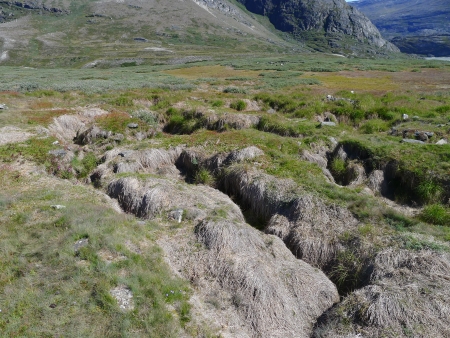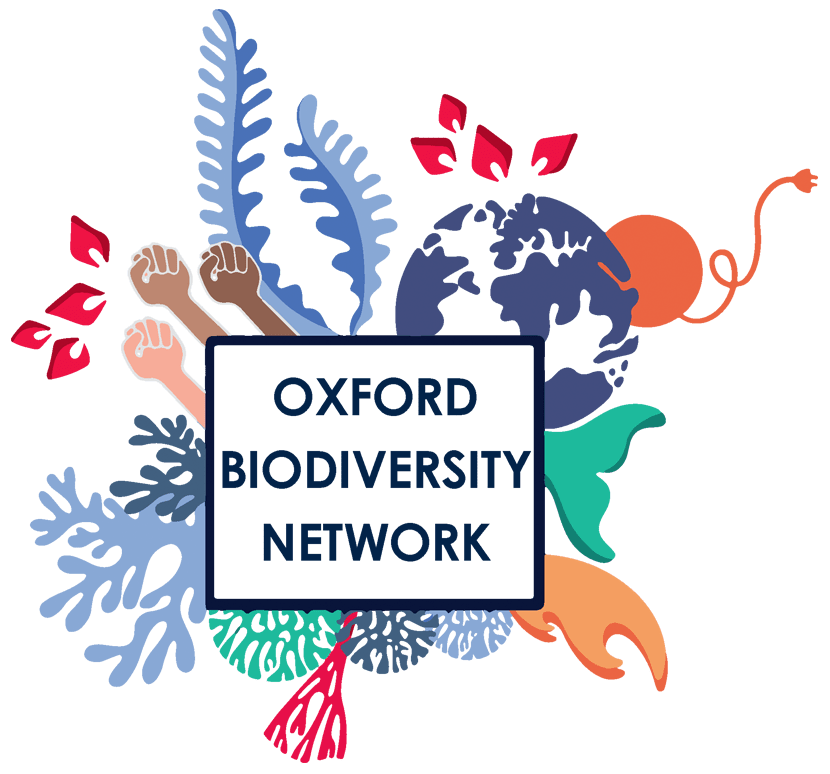The recovery of ecosystem complexity in a changing environment
David Moreno Mateos
- Start Friday 22 Sep 2023 4:15pm
- Finish Friday 22 Sep 2023 5:15pm
- Venue School of Geography and Environment Lecture theatre

How long does it take for an ecosystem to recover after it is disturbed or destroyed by human activities? How do we know when an ecosystem has recovered?
In this lecture, restoration ecologist David Moreno Mateos will discuss the traditional methods used to assess the recovery of terrestrial ecosystems—such as changes in biodiversity or soil carbon levels—and highlight their limitations. He will make a case for more comprehensive and long-term approaches to understanding and measuring ecosystem recovery and highlight their potential for enhancing environmental policies and large-scale restoration strategies.
Biography
David got his PhD from the Spanish National Research Council (CSIC) and the University of Alcala, both in Spain with honors (equivalent to summa cum laude) in 2008. He then got postdoctoral fellowships at the University of California at Berkeley, Stanford University and the Centre National de la Recherché Scientific (CNRS) in France. He has been awarded an Ikerbasque fellowship from the Basque Country government and a Ramon y Cajal fellowship from the Government of Spain to join the Basque Center for Climate Change, where he is now a Research Professor. David have authored >50 papers in scientific journals and books, including papers in Nature Communications, Nature, PLOS Biology, or Nature Ecology and Evolution.
The lecture will be followed by an drinks reception and everyone is welcome
